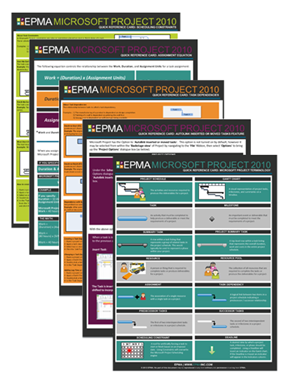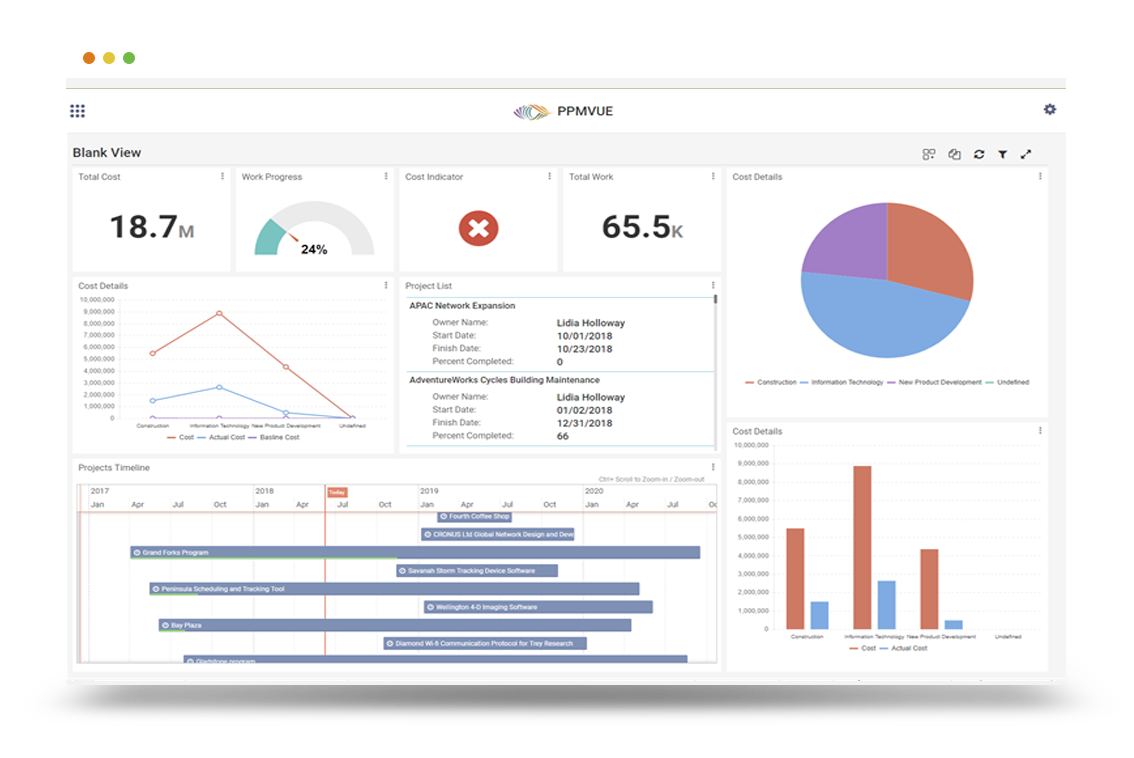Due to popular demand we have added more quick reference cards to our stack. EPMA’s Microsoft Project 2010 Quick Reference Card Pack now consists of twelve Microsoft Project quick reference cards. The Quick Reference Cards explain the common elements of the Microsoft Project 2010 interface including: an itemized listing of the Project 2010 ribbon commands, an extensive list of the Microsoft Project 2010 keyboard shortcuts, and an explanation of the variables that affect resource assignments in Microsoft Project such as Duration, Work, Assignment Units, and Task Types. There are also cards on Dependencies, Constraints, and the AutoLink tasks feature.
The Microsoft Project 2010 Quick Reference Cards are available for download free of charge. I would recommend that every Project Manager using Microsoft Project 2010 in the world has a copy of these cards! The 12 Microsoft Project 2010 Quick Reference Cards:
Microsoft Project Interface
|
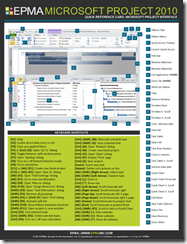 |
Microsoft Project Terminology
|
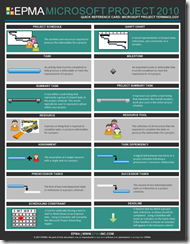 |
Project backstage
|
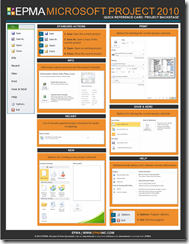 |
Resource Ribbon Commands
|
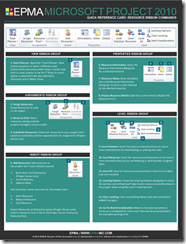 |
The Project Ribbon Commands
|
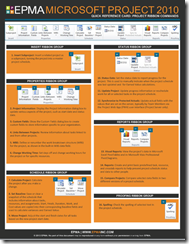 |
The Task Ribbon Commands
|
 |
The View Ribbon Commands
|
 |
The Assignment Equation
|
 |
Task Types
|
 |
Scheduling Constraints
|
 |
Task Dependencies
|
 |
Autolink inserted or moved tasks feature
|
 |

